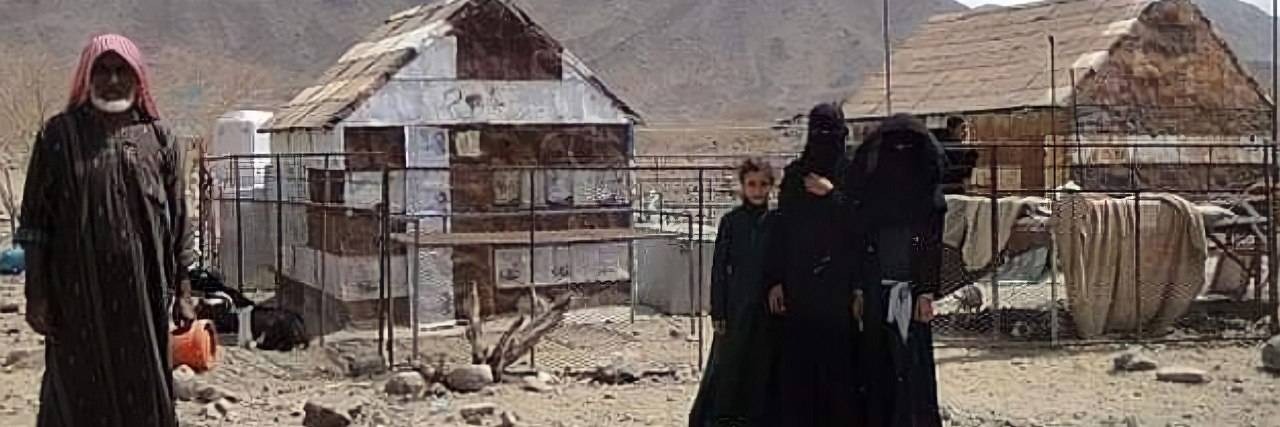
Under the title Dignity for All, the world commemorates October 17, 2022, the International Day for the Eradication of Poverty. International Day is an occasion to recall that poverty constitutes a violation of human rights and the importance of intensifying efforts and cooperation among all parties to eradicate poverty and discrimination.
The United Nations stresses that poverty and inequality are not inevitable. They are the result of deliberate decisions or inaction that disempower the poorest and marginalized in our societies and violate their fundamental rights. This is evident in the case of Saudi Arabia, in which the official authorities control all economic and social facilities, and which have announced comprehensive development plans, most of which fall under Vision 2030.
There is a lack of transparency in Saudi Arabia’s treatment of poverty figures and facts, and the absence of information reinforces the lack of any role for civil society or organizations that can report the facts. Despite this, indicators show that the percentage of people suffering from poverty in Saudi Arabia is still high.
- In light of the severe repression and preventing individuals from expressing their opinion and the lack of independent media, individuals resort to social media to spread their issues. Many campaigns that show the widespread poverty and need can be monitored, as social media influencers work to collect donations to help people in need of medical treatment, housing or other. Due to the high number of needy people, special platforms have begun to appear to organize these campaigns.
- In September 2022, Saudi Arabia announced that nearly 10 million people benefit from the citizen’s account social support program, which is supposed to affect those affected by government economic policies, especially after the lifting of subsidies on the prices of energy, water and electricity products in 2017.
- Saudi Arabia does not specify criteria for the poverty line and the limit for sufficiency for several reasons related to its having to raise the numbers of social support programs if they are set. Economists stress that these indicators should occur annually according to the change in the cost of living.
- In January 2018, the Saudi government imposed a value-added tax, and in July 2020 raised this tax to 15%. Despite official promises to cut taxes with a decrease in the budget deficit, this was not achieved, while official statistics indicate a rise in inflation rates of more than 2.7% with an increase in food prices. In addition, in 2020, Saudi Arabia imposed a tax on residents, most of whom were foreign workers, who the Rapporteur on extreme poverty in 2017 confirmed that they were among the poorest segments of society, indicating the deterioration of their situation since then.
- Projects carried out by the Saudi government in several regions of the country affect the poorest groups significantly. Recently, half a million people were displaced in the demolition of neighbourhoods in the city of Jeddah and thousands from the Al-Masora neighbourhood in the town of Al-Awamiya, most of whom are on low incomes. Several reports confirmed that some neighbourhood residents did not receive sufficient warnings or compensation before demolishing their homes. The data indicate that the displacement has led to an increase in the number of poor in these areas.
The European Saudi Organisation for Human Rights confirms that the lack of transparency in the Saudi government's handling of all files makes it difficult to reach the facts. However, the indicators show a worrying path in the official dealing with the poverty file. Although the Special Rapporteur on extreme poverty and human rights, Philip Alston, emphasized the importance of involving citizens and residents of Saudi Arabia in plans and projects, Saudi Arabia continues to marginalize individuals and prevent them from expressing their opinion even in procedures that affect them and their homes. In addition to the use of force and weapons, Saudi Arabia recently issued death sentences against people for rejecting the displacement policies in the Tabuk region, and it is still arresting dozens on a similar background. In addition, human rights defender Issa al-Nukhaifi is still arbitrarily detained and subjected to violations after the end of his 6-year sentence due to his cooperation with the Special Rapporteur on poverty during his visit.
ESOHR notes that during the four years following the visit of the rapporteur on extreme poverty, Saudi Arabia continued to ignore the recommendations contained in his final report, including respecting and raising awareness of the rights of foreign workers, working to define and measure poverty, and pledging to publish statistics regarding it.
